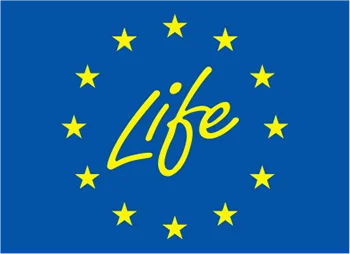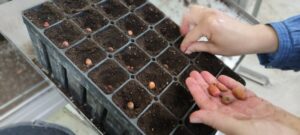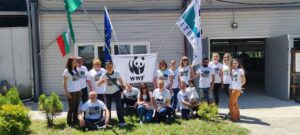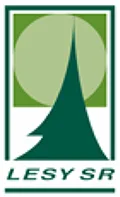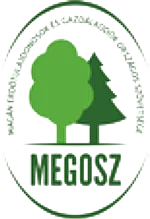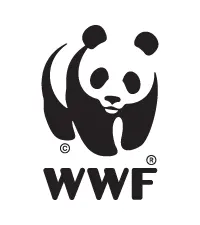20 May 2022 – Today we celebrate the European day of “Natura 2000” network. On this date exactly 30 years ago, the EU Habitats Directive was adopted, which, together with the Birds Directive (adopted in 1979), forms the European network of protected areas known as Natura 2000. Over the decades, it has managed to unite nearly 27,000 protected areas in the terrestrial and marine part of the European Union, which contribute to the preservation of our unique natural heritage.
Thus, Natura 2000 is now the largest supranational network of protected areas, enabling municipalities and businesses to obtain solutions and funding to protect their natural resources, the health and well-being of local people. Each EU member state has built its own network of special protected natural areas that protect landscapes, plants and animals of pan-European importance.
Natura 2000 provides many environmental benefits, while also having a number of vital social and economic functions. About 4.4 million jobs in the EU depend directly on the use of the resources of sustainable natural ecosystems, with a significant share of them covered by Natura 2000 protected areas. The financial benefits that flow from the network itself are estimated at hundreds of billions of euros per year.
WWF celebrates Natura 2000
The nature protection organization WWF celebrated Natura 2000 day with a volunteer initiative in the nursery for container saplings near the village of Lokorsko on the territory of the Southwestern State Forestry Enterprise. Together with experts, foresters, employees and specialists from WWF, they took an active part in planting acorns, which will grow into oak saplings, and subsequently lay the foundations of a new forest.
Volunteers from the iCard company joined the action, wanting to learn more about forest conservation, protected areas, sapling production and afforestation techniques. WWF and the company are collaborating on the “Together for Wildlife” program, a long-term initiative to support the organization’s conservation work.
“We are glad that today we have the opportunity to work in the field side by side with our business partners. The first step towards the protection of nature is its understanding and knowledge. Although it looks easy, afforestation is actually a really complex and responsible process. In order for a forest to grow vibrant and multifunctional, it is necessary to take into account many conditions, among which the quality, type and origin of the saplings, as well as the place and season for afforestation”, says Latinka Ducheva, director of “Marketing and Engagement” at WWF and participant in the action.
“We plan to build on similar initiatives related to reforestation by developing similar productions as we observe in the forest nursery in Lokorsko and other places in the country,” said the Deputy Minister of Agriculture Valentin Chambov.
WWF actively supported the government in the process of building the “Natura 2000” network in our country. The Bulgarian legislation on biological diversity was harmonized with the European one. WWF conducted studies and prepared documentation for 35 “Natura 2000” areas occupying over 58 thousand hectares in part of its priority area – the course of the Danube River and the western Danube tributaries.
After the long process of building the network, today the efforts are concentrated on the management of the protected areas. The aim of the network is to ensure the long-term conservation of the most valuable animal species and habitats, the existence of which is of primary importance for human health, society and the economy.
However, there is still a lot of work to do to make the Natura 2000 network work well, says Katerina Rakovska, senior expert on biodiversity policies at WWF. Some of the Natura 2000 sites have not been designated. And the European Commission believes that all Bulgarian protected areas need conservation priorities and goals, as well as conservation measures. These are issues for which infringement procedures have been initiated against our country. Also problematic is the quality of compatibility assessments – the process that assesses the impact on the species and habitats that are protected in the areas. We know that the new leadership of the Ministry of the Environment, to which there are high expectations, is already working on these issues, Rakovska adds.
The Natura 2000 Day initiative in Lokorsko is part of WWF’s work on the projects “Climate-Smart Forest Management in Central and Eastern Europe”, with the leading partner Southwest State Enterprise and “Supporting recovery, climate resilience and significance for biological diversity of priority forest habitats in Natura 2000 areas’. Both projects are financed by the LIFE program of the European Commission.
